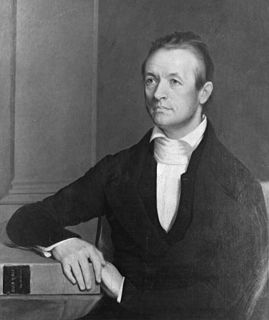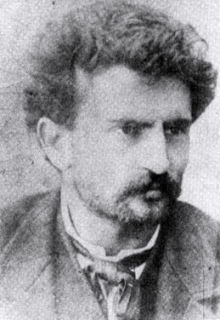A Quote by Robert Hass
Related Quotes
We're so immaturely cynical as a culture. We're not wise enough to look at an institution like marriage and to really things about what it means and what it signifies. It signifies a place where people can tie the ropes of their lives together so that they're stronger. It signifies a place where people can tell the truth to one another.
The Greek word for philosopher (philosophos) connotes a distinction from sophos. It signifies the lover of wisdom (knowledge) as distinguished from him who considers himself wise in the possession of knowledge. This meaning of the word still endures: the essence of philosophy is not the possession of the truth but the search for truth. ... Philosophy means to be on the way. Its questions are more essential than its answers, and every answer becomes a new question.
Being human signifies, for each one of us, belonging to a class, a society, a country, a continent and a civilization; and for us European earth-dwellers, the adventure played out in the heart of the New World signifies in the first place that it was not our world and that we bear responsibility for the crime of its destruction.
Anarchy is a word that comes from the Greek, and signifies, strictly speaking, "without government": the state of a people without any constituted authority. Before such an organization had begun to be considered possible and desirable by a whole class of thinkers, so as to be taken as the aim of a movement (which has now become one of the most important factors in modern social warfare), the word "anarchy" was used universally in the sense of disorder and confusion, and it is still adopted in that sense by the ignorant and by adversaries interested in distorting the truth.






































